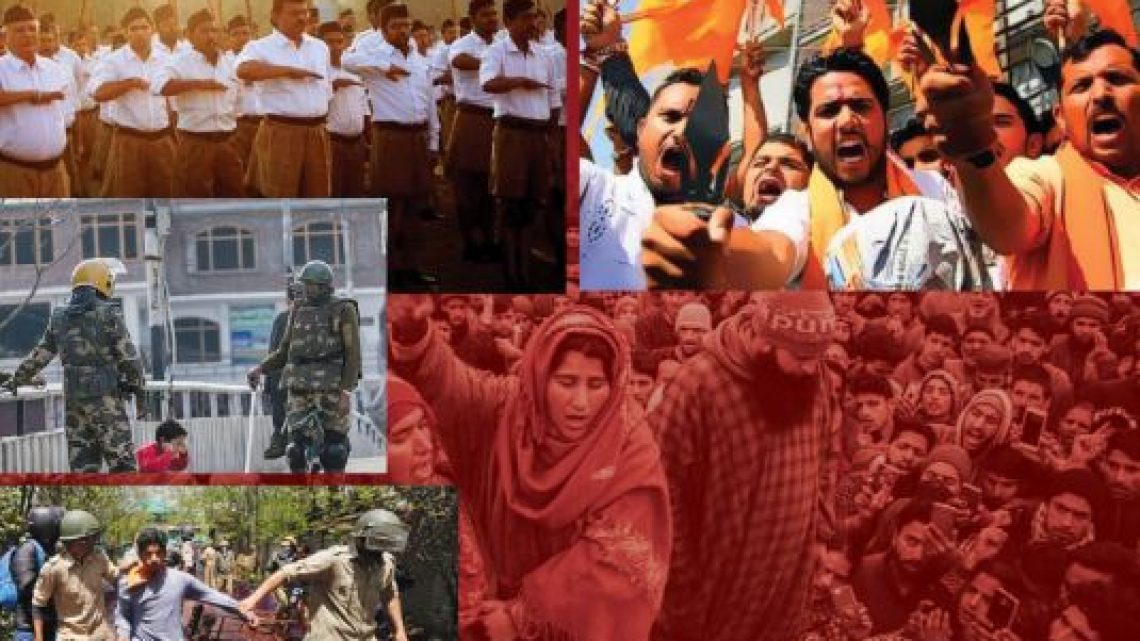
BJP involved in Land Misppropriation and Religious Hatred in IIOJK: Congress Leader
April 17, 2024In a recent address in Kathua, Indian National Congress leader Sachin Pilot voiced concern over the alleged appropriation of land in Indian illegally occupied Jammu and Kashmir (IIOJK) by the New Delhi-installed administration, accusing them of transferring land from local inhabitants to outsiders. His remarks come amidst his campaign for his party’s candidate, Choudhary Lal Singh, in the Udhampur Lok Sabha constituency, which is slated for elections on April 19.
Pilot lambasted the encroachment of lands under the rule of the lieutenant governor appointed by New Delhi, emphasizing the displacement of locals and the transfer of cultivated lands to external entities. He highlighted the BJP government’s utilization of religious polarization as a diversionary tactic from its developmental shortcomings.
Criticizing the BJP’s manipulation of religious sentiments for political mileage, Pilot decried their focus on divisive issues like temples versus mosques, Hindu-Muslim relations, and nationalist rhetoric, while neglecting crucial development sectors such as education, healthcare, economy, employment, and agrarian concerns.
Furthermore, Pilot took aim at the Election Commission of India for its purported inaction in instances where the Congress party faced punitive measures, including freezing of accounts and incarceration of elected officials. He accused the Election Commission of apathy towards stifling opposition voices and suppressing dissent.
Pilot underscored a burgeoning tide of discontent across India, challenging the BJP government’s decade-long tenure and demanding transparency and accountability in governance.
Sachin Pilot’s remarks reflect the ongoing political turmoil and socio-economic tensions prevailing in IIOJK. The issue of land appropriation in the region has been a longstanding source of contention, with accusations of disenfranchisement and marginalization of the local Kashmiri population. Pilot’s assertion of outsiders encroaching upon cultivated lands echoes broader concerns about demographic changes and the erosion of indigenous rights in the disputed territory.
By criticizing the BJP’s reliance on religious polarization, Pilot underscores the divisive nature of contemporary Indian politics. The BJP’s strategic use of religious identity as a political tool has been a subject of intense debate, with critics accusing the party of fomenting communal discord for electoral gains. Pilot’s critique seeks to highlight the BJP’s prioritization of identity politics over substantive governance issues, such as socio-economic development and governance.
Pilot’s indictment of the Election Commission of India reflects broader concerns about the erosion of democratic norms and institutions in India. The allegations of bias and partisanship within the Election Commission underscore the challenges facing India’s electoral system and the perceived threats to democratic principles.
Overall, Pilot’s remarks encapsulate broader themes of land rights, identity politics, and democratic accountability in contemporary Indian politics. As the Udhampur Lok Sabha elections approach, his statements are likely to resonate with voters concerned about issues of governance, development, and democratic integrity.

